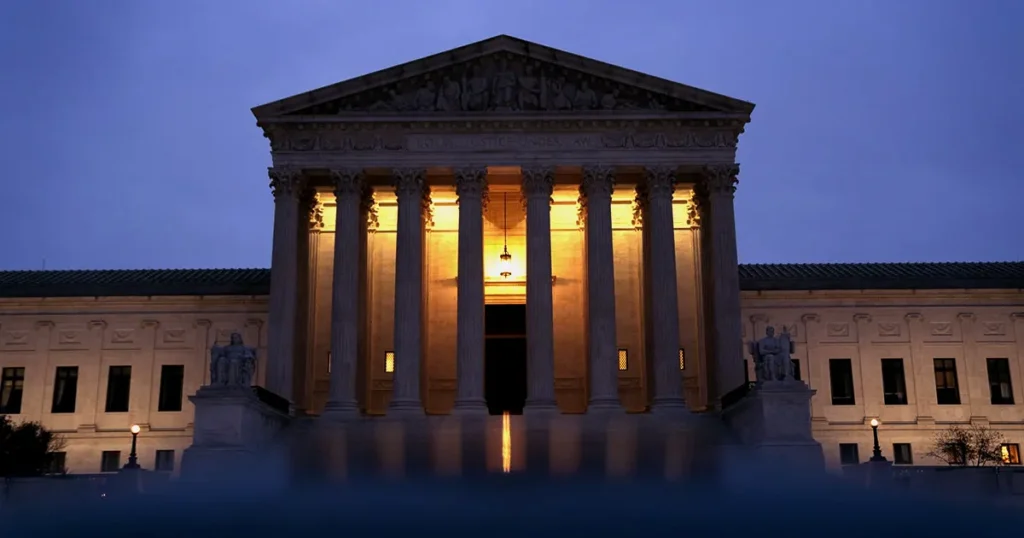Implications of Supreme Court Rulings for Free Speech Online.

The U.S. Supreme Court is addressing major First Amendment cases that could reshape the landscape of free speech on social media. These cases focus on whether tech platforms like Twitter (now X), Facebook, and YouTube the right have to moderate content based on political affiliation and other factors or whether state laws can restrict such practices. At the center of these debates are laws from Texas and Florida that aim to curb platforms’ ability to deplatform users, particularly political figures.
Background of the Cases
The disputes stem from events following the January 6, 2021, U.S. Capitol riots. Platforms like Twitter and Facebook banned then-President Donald Trump, citing incitement to violence. In response, Texas and Florida enacted laws that prohibit platforms from moderating content based on viewpoint, with Texas’ law banning censorship and Florida imposing hefty fines for deplatforming political candidates.
Tech companies, supported by lobbying groups like NetChoice, argue these laws violate their First Amendment rights, specifically the right to editorial discretion. Conversely, proponents of these laws, largely Republican lawmakers, claim platforms exhibit bias against conservative voices.
Key Legal Questions
The Supreme Court’s review, involving the cases Moody v. NetChoice and NetChoice v. Paxton, aims to resolve conflicting lower court rulings. Florida’s law was largely struck down by the 11th Circuit, while Texas’ law was upheld by the 5th Circuit. The Court must now determine:
- Do social media platforms function as private publishers with editorial rights, or as public utilities obligated to offer equal access to all users?
- Can state laws compel platforms to host content they deem harmful or objectionable without violating their own First Amendment protections?
Broader Implications
These rulings will have far-reaching implications. If the Court upholds the state laws, platforms could be forced to carry all content, including hate speech or misinformation, raising concerns about user safety and advertising revenue models. Conversely, striking down these laws could cement tech companies’ power to shape online discourse, exacerbating accusations of political bias.
International Perspectives and Global Concerns
The U.S. isn’t alone in grappling with these issues. Around the world, governments face the challenge of balancing free speech with regulating harmful content. The European Union’s Digital Services Act, for example, sets clear guidelines for content moderation while safeguarding fundamental rights.
Conclusion
The Supreme Court’s rulings could redefine free speech in the digital age. Whether the Court emphasizes platforms’ editorial rights or state regulation, the decisions will influence how Americans interact online and how democracy itself functions in the digital era. As the cases progress, they highlight the evolving nature of First Amendment rights in the context of modern technology and public discourse.






